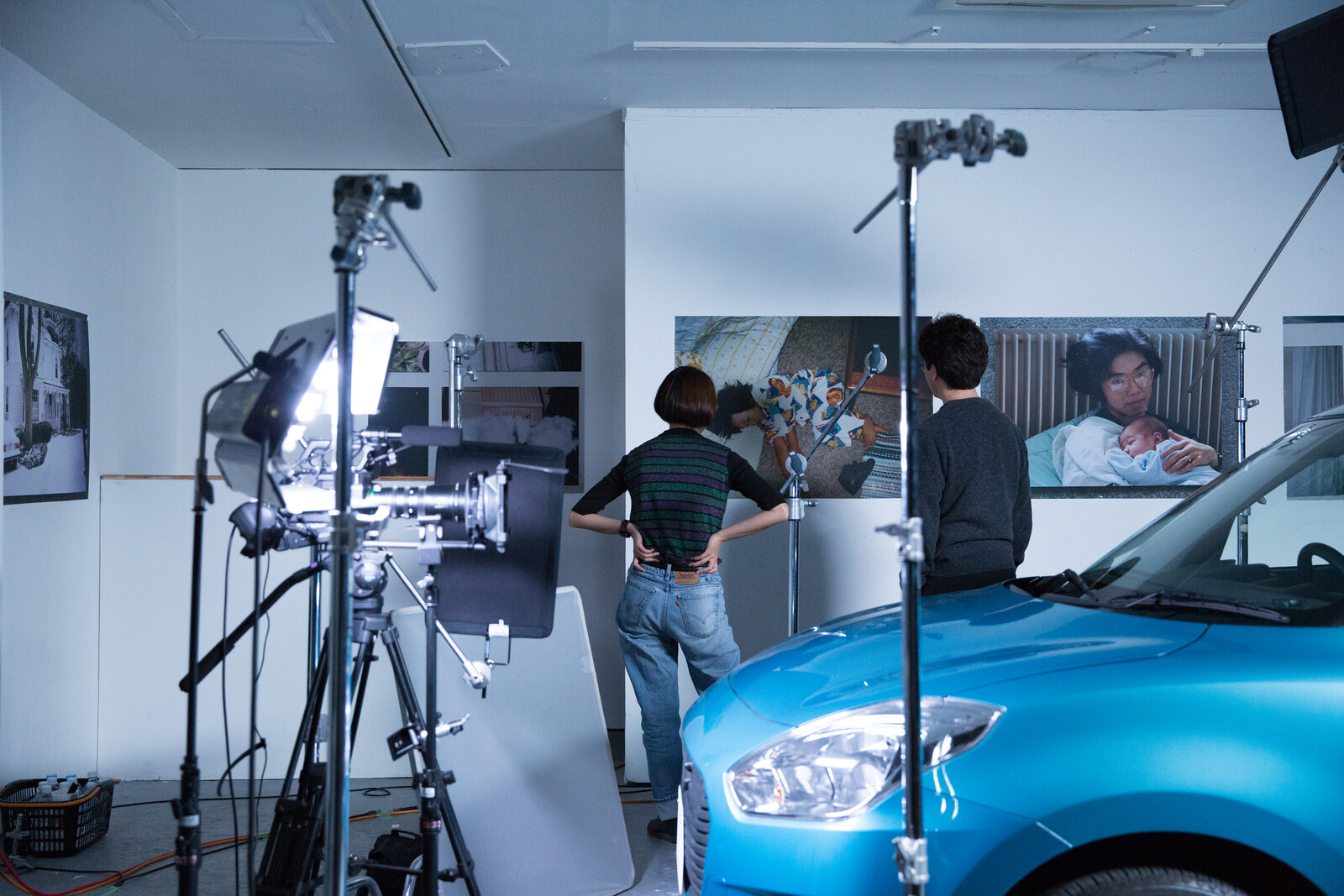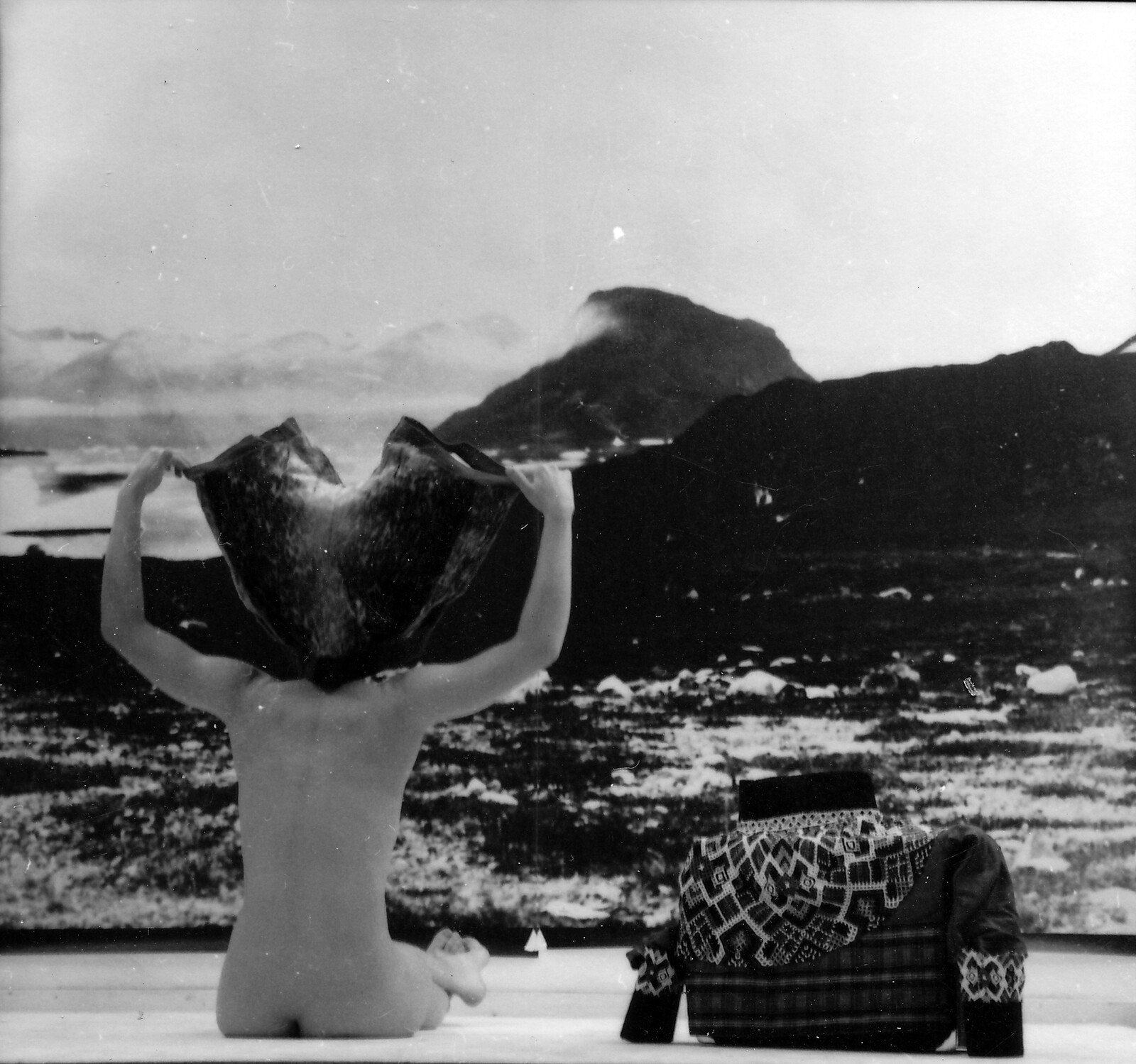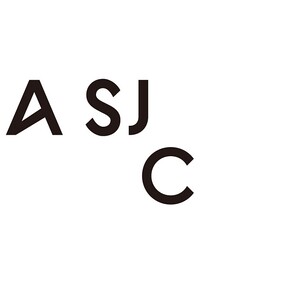Pia Arke, Theresa Hak Kyung Cha, Bouchra Khalili, Alexander Ugay: Dust Clay Stone
October 30–December 20, 2020
87 Yulgok-ro 3-gil, Jongno-gu
03062 Seoul
South Korea
Hours: Tuesday–Sunday 12–7pm
T +82 2 733 8949
F +82 2 733 8377
artsonje.press@gmail.com
Art Sonje Center is pleased to present two new exhibitions, Japanese artist Koki Tanaka’s solo exhibition, Vulnerable Histories (A Road Movie) and a group exhibition Dust Clay Stone.
In his first solo exhibition in Korea, Vulnerable Histories (A Road Movie), Tanaka presents the titular Vulnerable Histories (A Road Movie), a documentary film produced in 2018. The film mainly focuses on a journey and conversation between two protagonists, a third-generation Zainichi Korean named Woohi and a Japanese-Swiss, Christian. Meeting for the first time in Tokyo, the two of them proceed toward different locations, particularly ones bearing painful memories of discrimination. They visit the sites of anti-Korean demonstrations and acts of hate speech against Zainichi Koreans—who are forced to move Japan during the Japanese occupation—and the place where Koreans were massacred at the time of the Great Kanto Earthquake of 1923. Intertwining stories about the small-scale lives of individuals with actual recollections of social and political situations, the work illustrates various issues of identity and complexities of conflict, raising questions about how we might be able to achieve understanding of one another.
In his diverse art practice spanning video, photography, site-specific installations and interventional projects, Tanaka visualizes and reveals the multiple contexts latent in the simplest of everyday acts. In his early object-oriented works, Tanaka experiments with ordinary objects to explore ways offering a possible escape from our everyday routine. Later in his works, Tanaka asking the participants to collectively navigate tasks that in and of themselves are out of the ordinary, he then documented behaviors that were unconsciously exhibited by people confronting unusual situations, seeking to reveal group dynamics in a micro-society and temporal community.
At a time when travel between countries has come to a stop and racial discrimination and conflict are intensifying due to the pandemic, the question of “How to live together?” is becoming at once more difficult and more urgent than ever. As an artist, Koki Tanaka pursues a form of artistic practice that is less about simply assessing reality and reaching conclusions about it than about using highly concrete situations as a basis for laying bare the complexity of reality—and thereby exploring what other means we could find when we face different issues of societies.
Dust Clay Stone focuses on works that represent the complex issues of identity faced by individuals experiencing situations of migration, as well as the perceptions that are formed or lost in the course of such experiences. The four artists, Pia Arke, Theresa Hak Kyung Cha, Bouchra Khalili and Alexander Ugay reveal their interests in the complex identity, the individual and collective memories, post-colonialism and allyship, the works are inter-connected in their methods of creating works such as their deep exploration of the structure of languages, the representation of images, and approaches to the archival references. The exhibition focuses on the languages as an indicator of perception generated from the situation of migration and looks into the way in which words and texts are operated within the works.
Born in Greenland and lived in Copenhagen, Pia Arke (1958–2007) is considered one of the most important Nordic artists who have focused on post-colonial issues. Arke produced numerous works of video, photography, and writing as she re-examined the colonial history and the traces left by colonial researchers. This exhibition features her video works, along with various photographs of her hometown landscape taken with a pinhole camera she made.
Theresa Hak Kyung Cha (1951–82) was born in Busan and migrated to the US at the age of 12. She studied literature and art in her undergraduate and graduate studies, leaving behind beautiful works of writing, videos, performances, and drawings over the course of her short life. Cha’s work deals with issues of identity and migration, exile and alienation; she combines textual and visual language with the complex perceptions existing between her mother tongue and the language of her adopted home. This exhibition features her major video works that portray the structure of oblivion and loss.
A third-generation Goryeoin (Korean diaspora who were forced to move to the former Soviet Republics in Central Asia) born in the former Soviet Union, currently Kazakhstan, Alexander Ugay (b. 1978) makes photography and video that combine the use of digital equipment with 8mm and 16mm cameras made during the Soviet era. His work reveals memories and nostalgia as it explores interactions among history, the present situation, and future prospects. For this exhibition, he uses the disappearing medium of VHS to capture the words from the disappearing language of “Goryeomal.” Currently based in Korea, the artist also presents a new work commissioned that documents the physical movements of Goryeoin and the former Soviet Union migrant workers in Korea.
Born in Casablanca, Bouchra Khalili (b. 1975) currently lives and works between Berlin and Oslo. She is renowned for works of photography and video that address the realities and historical circumstances of political minorities, and the issue of geographical migration in particular. Her work presents concerns of language and subjectivity through storytelling situated at the intersections of the history and personal narrative. For this exhibition, she presents two video works, Twenty-Two Hours (2018) and The Typographer (2019), and text focusing on the French writer and poet Jean Genet.
Koki Tanaka: Vulnerable Histories (A Road Movie)
Curated by Haeju Kim (Deputy Director, Art Sonje Center)
Project Management by Hyo Gyoung Jeon (Curator, Art Sonje Center)
Organized by Art Sonje Center
Supported by Arts Council Korea
Pia Arke, Theresa Hak Kyung Cha, Bouchra Khalili, Alexander Ugay: Dust Clay Stone
Curated by Haeju Kim (Deputy Director, Art Sonje Center)
Project Management by Heehyun Cho (Curator, Art Sonje Center)
Organized by Art Sonje Center
Supported by Arts Council Korea, Danish Arts Foundation, Institut français de Corée du Sud




